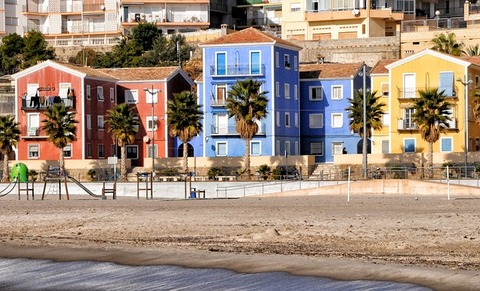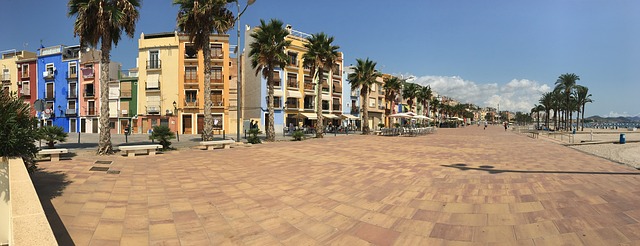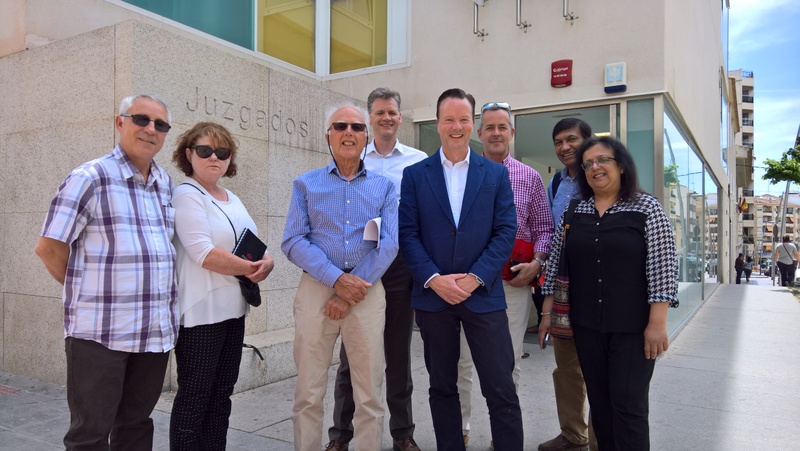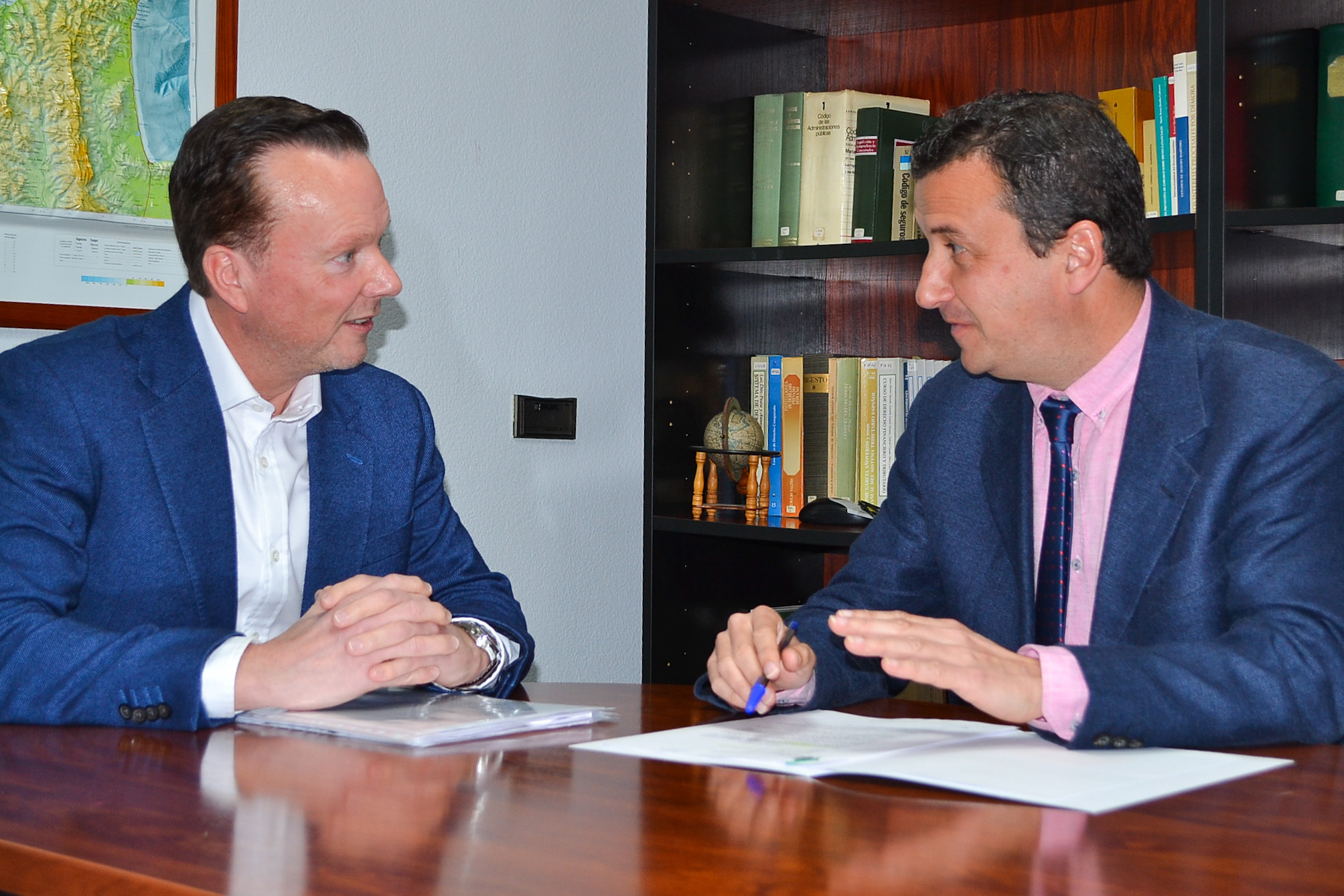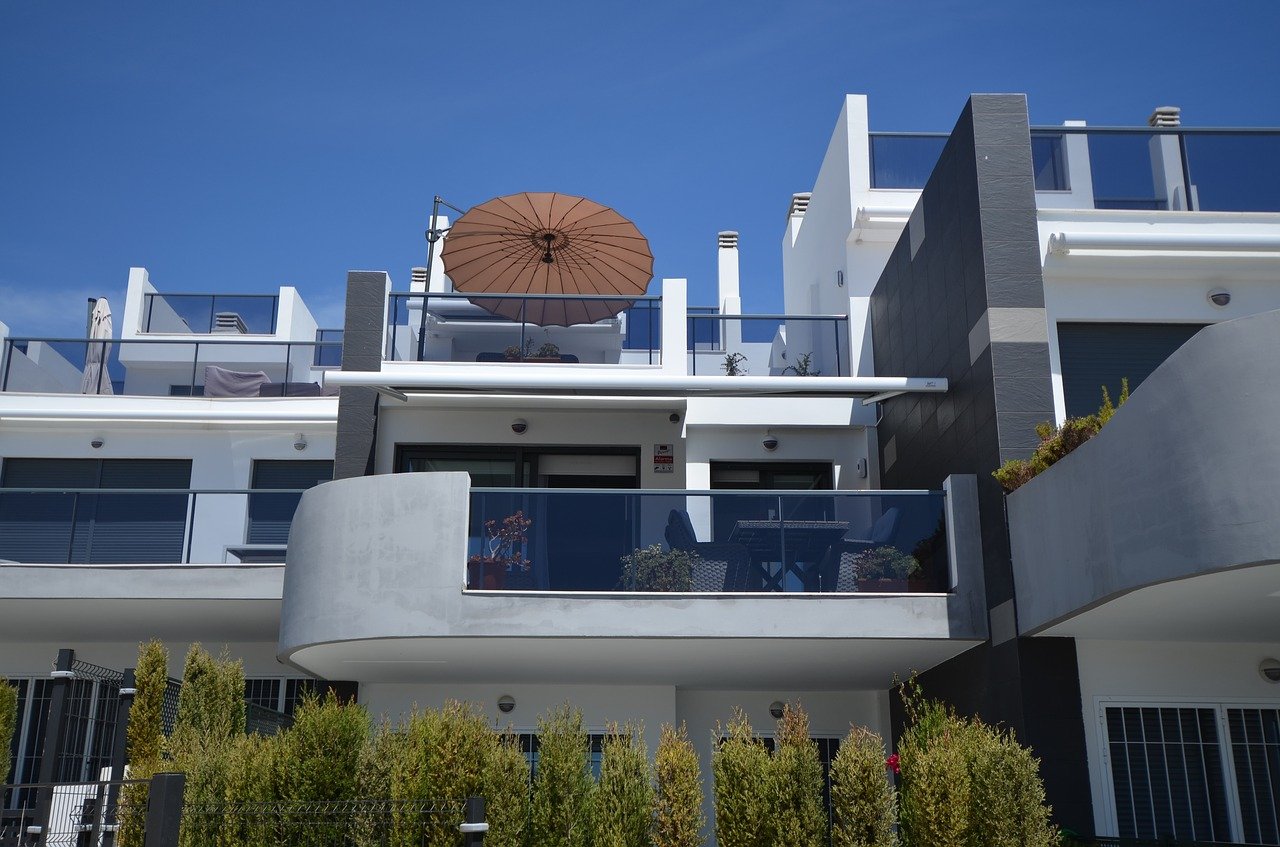- Financial crash fallout still being felt, leading to opportunities for buyers
- CostaLuz Lawyers negotiating unique solutions between sellers, banks and buyers
- Spanish house prices still 32% (inflation-adjusted) below peak (Global Property Guide)
Despite it being now nearly 15 years since the global financial crisis, the fallout is still being felt in the Spanish property market. Property law specialists CostaLuz Lawyers report that many homeowners continue to pay eye-watering mortgage payments for properties that have devalued by as much as 40%.
Figures from the Global Property Guide’s January 2021 update on Spain show that nationally the country’s house prices are around 23% below peak levels – or 32% below when adjusted for inflation. In coastal areas where prices soared in the boom years, this figure can be much higher.
“We’re working with a number of property owners who are in negative equity and looking for a quick exit from their property ownership. Rather than getting to the point of repossession by the bank – which neither the owner nor the bank wants – we are acting to find buyers to step in and purchase the property. With the right legal arguments, we’ve found that many banks are willing to accept a buyer at prices below market value in order to progress a sale and avoid repossession.”
Keith Rule, www.costaluzlawyers.com
For buyers these days, prices and interest rates are a totally different story than they were during the boom years. Those seeking second homes, or even primary residences, in popular tourist areas have some superb deals available when they buy using the CostaLuz Lawyers service.
For sellers and banks, the service usually provides the only solution other than repossession. With property values below the level of the outstanding mortgage debt, sale on the open market is not a realistic option. However, an easy sale, presented by legal property experts making just the right arguments, can work for all concerned.
“We’ve been negotiating these kinds of deals between sellers, banks and buyers since 2012. With nearly a decade of experience in this area, we are well placed to help buyers achieve the prices they need. This frees sellers from their negative equity position and saves banks the time and expense of repossessing and then selling the properties themselves. We would certainly encourage any buyer looking for particularly good value to consider this route into Spanish property ownership.”
Keith Rule, www.costaluzlawyers.com
For more information, please contact CostaLuz Lawyers’ UK office on +44 1908 635 111 and speak with Keith. To speak with Maria in the Spanish office, call +34 956 092 687 or you can visit www.costaluzlawyers.es

